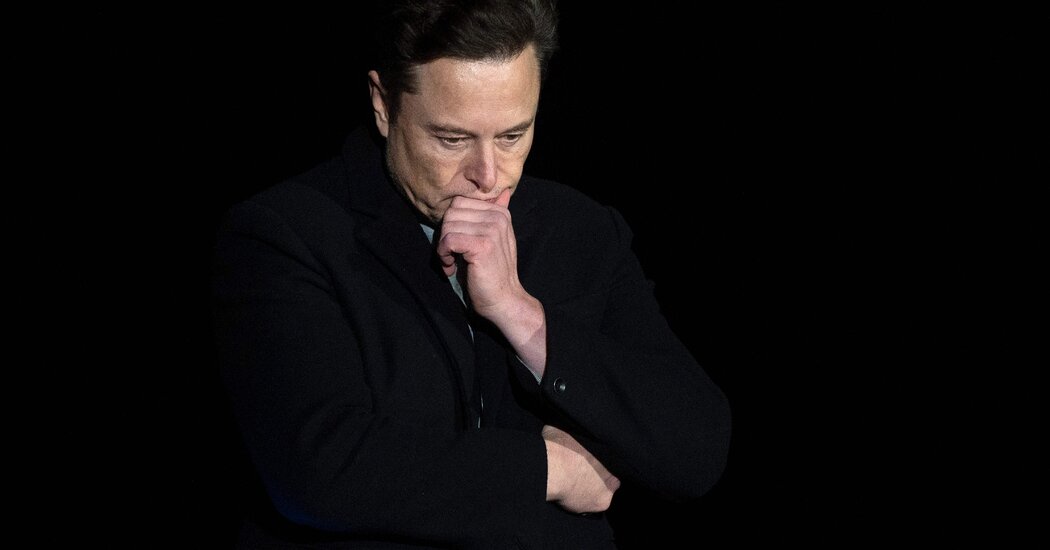Chinese consumers “are tense, they are worried about the future,” Mr Dunne said. “It’s a double whammy that Tesla is facing in China.”
Tesla stocks are responding in part to the same forces that are plaguing stock markets around the world: war in Ukraine, rising interest rates, the threat of a recession, supply chain chaos and rising inflation. But Tesla shares have fallen much more than other Silicon Valley giants like Apple or Alphabet, the company that owns Google.
Tesla accounted for three quarters of all electric cars sold in the United States last year. The company is several years ahead of its competitors in battery technology and software. But two models — the Model 3 sedan and the Model Y SUV — accounted for 95 percent of Tesla’s sales. The next consumer vehicle, a pickup truck, has been delayed many times and is not expected until next year at the earliest.
It is an axiom in the automotive industry that new models drive sales. And competition from Hyundai, Ford and Volkswagen, among others, is increasing, giving drivers much more choice.
Jesse Toprak, an auto industry veteran who is chief analyst at Autonomy, a company that offers electric cars via subscription, said Tesla’s market share will drop below 40 percent by the end of 2023, although its sales will continue. grow as the overall market expands.
“They will have a smaller share of a bigger pot,” said Mr. Toprack. “But their near-monopoly on electric vehicle sales in the US will slowly decline.”
Tesla already faces stiff competition in Europe, where electric vehicles account for 13 percent of new car sales. That’s a harbinger of what could happen in the United States, where sales of battery-powered cars are just starting to pick up. According to figures from Schmidt Automotive Research in Berlin, Volkswagen, which has invested heavily in electric vehicles, sold 56,000 battery-powered cars in Western Europe in the first three months of the year, just behind Tesla, which has sold 58,000.

